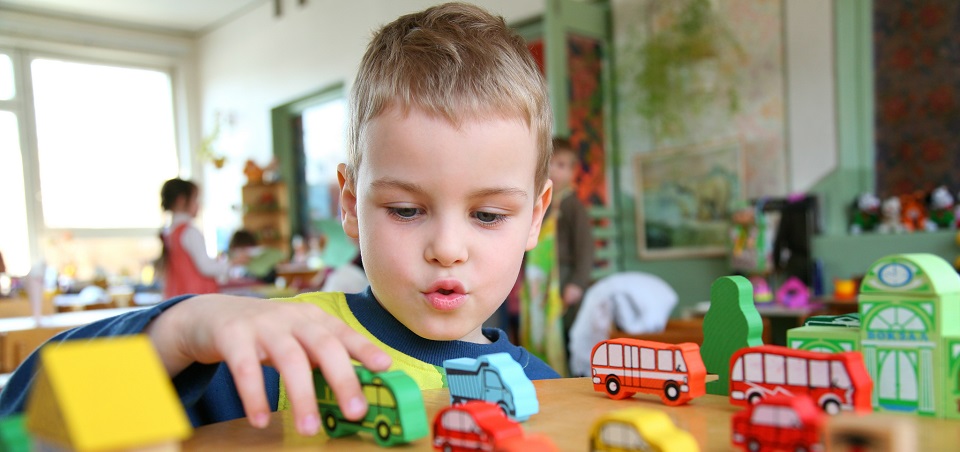
The Great Kindy Debate: When Should Kids Start School?
By: Zoe Crane, ellaslist
Many parents agonise over the decision of when to send their children to school and it’s a hot topic even amongst those that don’t have to choose. In NSW, children can start “big school” if they turn five before 31 July of that year, and must be enrolled by the time they turn six. This means that children born before the cut-off have a choice to start when they are four or five. Every child is different and each parent needs to consider a whole range of factors, however there have been some studies that might help make that decision.
Kindergarten is the New First Grade
A study in the US found that Year K is increasingly becoming focused on academic learning. As a result, time spent on fun and free play are suffering. This trend is just as relevant here in Australia, with an article in the Sydney Morning Herald claiming that “NAPLAN assessments and international rankings” are to blame for the increased pressure. And while governments push schools to begin formal education earlier to improve test scores, the evidence shows that it could have the opposite effect.
The Importance of Play
Janet Moyles wrote about school-readiness for The Conversation, highlighting many studies that have proven the importance of play for young children for development of language and literacy, as well as self-regulation, a skill that is a key predictor of educational achievement.
As we see more formalised training creep into kindergarten and even pre-school, these important play-based activities are getting pushed out.

A study in the US showed that by the end of primary school, children that experienced a play-based pre-school environment had significantly better marks than those in an academically-based pre-school. Dr. Suggate of the University of Regensburg told the Sydney Morning Herald about a number of studies that found that “an overly academic preschool curriculum leads to later behavioural difficulties and also lower grades”.
Earlier isn’t necessarily better
Kathy Silva of Oxford carried out a study for the US Department of Education which found that extending the period of play-based pre-school made “a significant difference to academic learning and well-being”, an effect that was even more marked with children from a disadvantaged background.
Closer to home a study in New Zealand compared children that had learned to read at five years old and those that had learned at seven years old. It found that by age 11 there was no difference in reading ability level, but those that started earlier had more difficulty with text comprehension and less interest in reading.
Really Smart Kids
It is natural to think that children that are gifted would benefit from starting school earlier. However, a life-long study showed that gifted children who had started school early started showing lower academic achievement by the time they reached adolescence than their counterparts who started school later.
What is Best for your Kids?
We all just want the best for our kids and there are many factors to consider when making decisions about a child’s education. Only you the parent can make the decision that is best for your child. Do your research, speak to the schools in your area and if possible, discuss it with your child's early childhood educator. At the end of your day, follow your gut instincts as you know your child best.
ellaslist wants to hear from you, do you believe kids should start school early or late?
Reviews



 Pick a Date
Pick a Date
